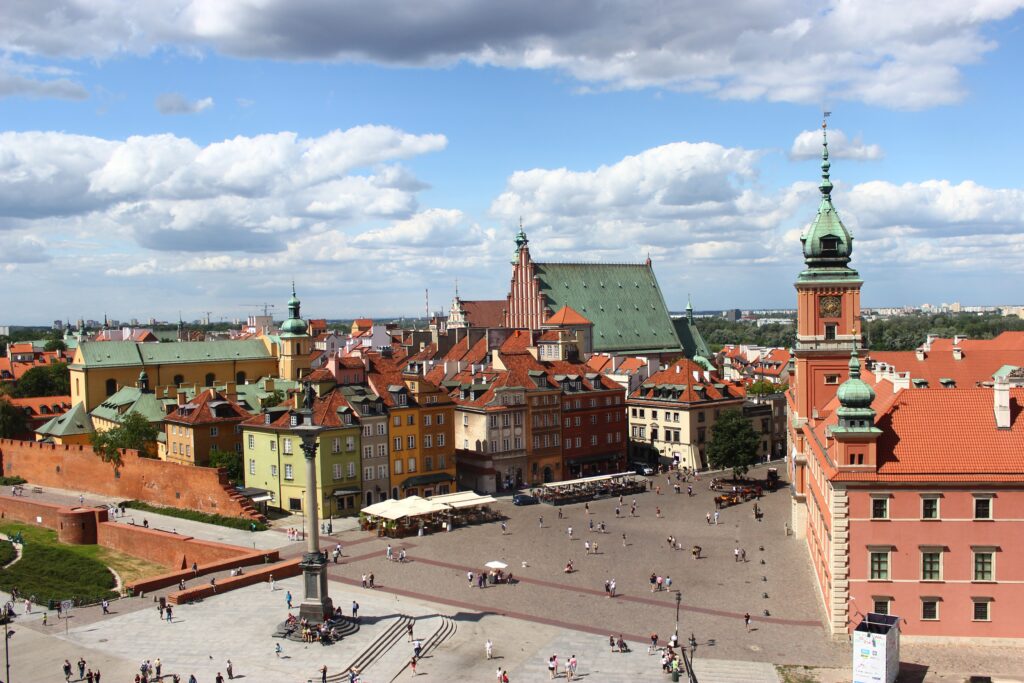Eleanor Corney
TW: antisemitism, far-right rhetoric
Thousands of people have gathered in Warsaw for an annual yet controversial march. It was organised by the far-right for Poland’s Independence Day on 11 November. A handful carried banners with anti-gay, antisemitic, and white supremacist rhetoric.
This year’s march
“The counter-protestors held white roses and a banner with the statement “Nationalism isn’t patriotism.”
During the march in Warsaw, police detained anti-fascist groups, but did not respond to the use of Nazi symbols. Many liberal groups oppose the police for taking on a seemingly pro-nationalist stance. The counter-protestors held white roses and a banner branding the statement “Nationalism Isn’t Patriotism.” Such protestors were removed from the march.
“In Poland, the promotion of totalitarian ideals is illegal.”
Michal Szczerba – an opposition politician – accused the ruling party, Prawo i Sprawiedliwość (Law and Justice) of creating an “oppressive state.” Furthermore, Polish senator Krzysztof Brejza tweeted a photo of participants carrying a banner with the “Black Sun” symbol, of Nazi Germany’s SS guards. In Poland, the promotion of totalitarian ideals is illegal.
Brejza continued by saying: “During the Warsaw Uprising in 1944, thousands of Poles died at the hands of German Nazis from the SS. I don’t know why the police didn’t respond to such criminal symbolism in Warsaw… On the other hand, demonstrators with democratic views were forcibly removed.”
Poland and antisemitism
Similarly in Kraków, one of the speakers in the Independence Day protests called for the “burning of Jews”. The crowd joined in chanting “down with the Jewish occupation.”
“85 % of the respondents in Poland consider antisemitism to be a very big or a fairly big problem in their country.”
According to a survey conducted in 2019, 85 % of Poland respondents consider antisemitism to be a very big or a fairly big problem in their country (average in the 12 surveyed countries: 85 %). Furthermore, 83 % of the respondents consider antisemitism has increased over the past 5 years (average in the 12 surveyed countries: 89 %.)
History of the march
The march, which takes place each year, has long been a symbol of Poland’s independence. However, in recent years, rallies have attracted far-right groups.
“However, the rally still occurred due to the organisers who pledged to appeal the ban, and insisted the march would go ahead.”
Last year’s march took place despite the pandemic ban on social gatherings. Last month, the Warsaw District Court upheld a ban on the rally and ruled in favour of the Liberal mayor Rafał Trzaskowski. It was said that Warsaw: “is no place to propagate slogans that have all the hallmarks of fascist slogans”. However, the rally still occurred because the organisers pledged to appeal the ban, insisting the march must go ahead.
Photo by Lāsma Artmane on Unsplash. Image license found here. No changes were made to this image.

